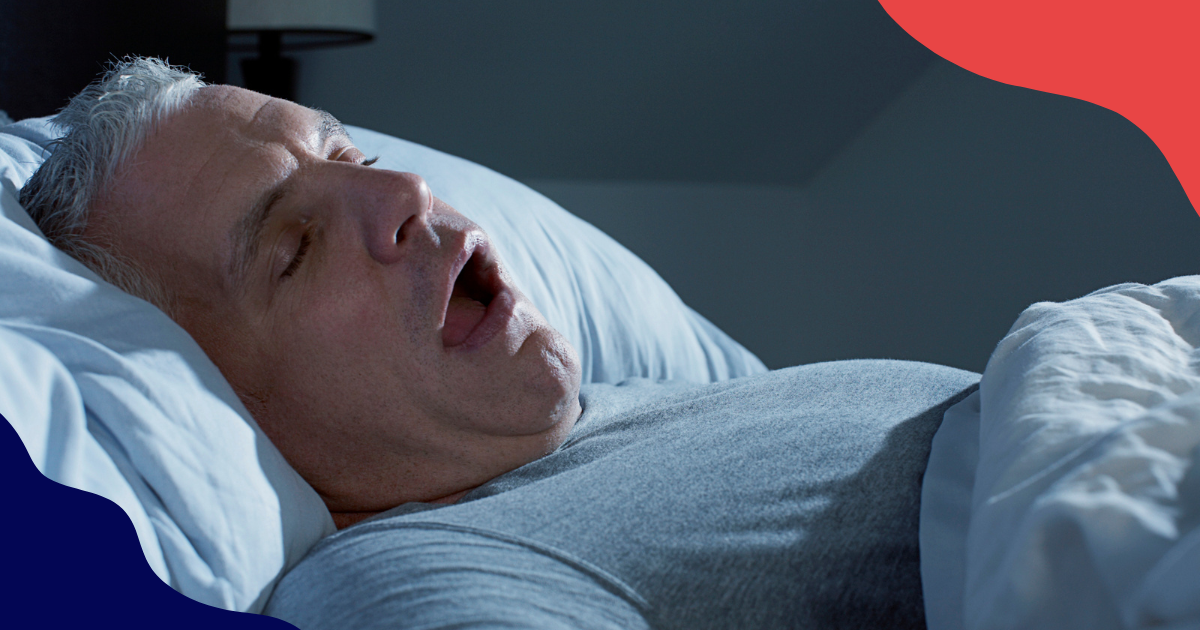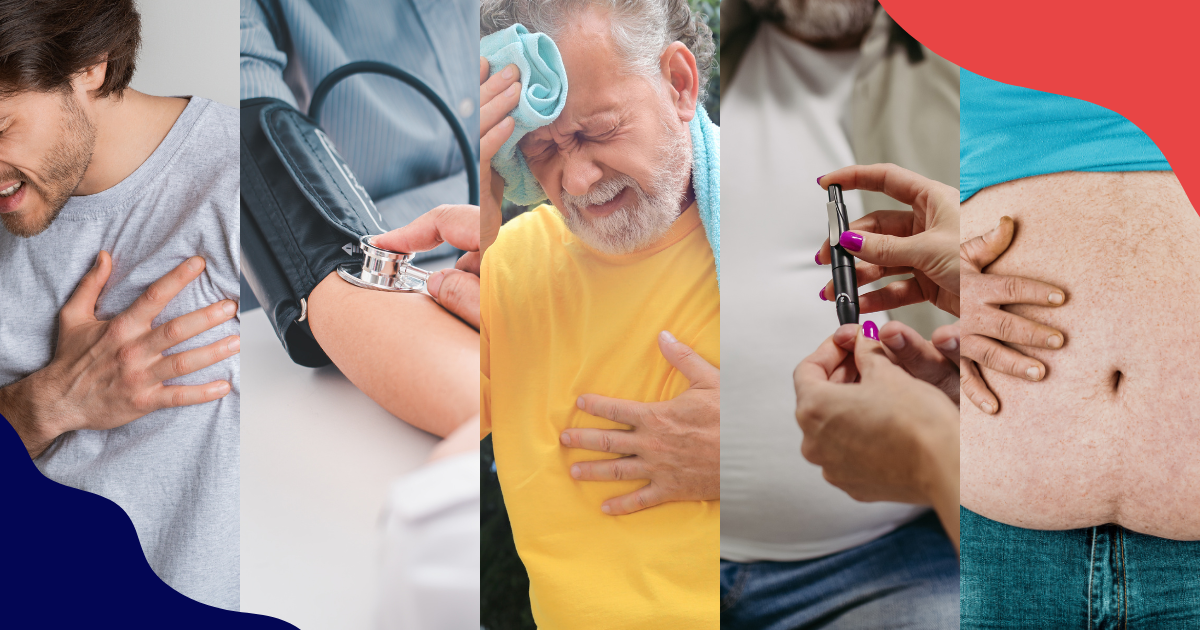Mental and sexual health go hand in hand. Every biological process, including sexual desire, begins in the mind. This is why when men get mental disorders like depression, their sexual life may also start to crumble. This article will explore the relationship between depression and sexual health, and how to approach medication.
What is Depression?
Depression is a mood disorder wherein men feel persistent sadness or emotional numbness. What differentiates it from regular sadness is that it has occurred daily for at least two weeks and is causing distress for the person who is suffering. Usually, they have other symptoms like insomnia or a lack of motivation to do anything. There are several types of depression such as major depressive disorder (MDD), persistent depressive disorder (PDD), and seasonal affective disorder (SAD).
Since depression is caused by a malfunction in the chemicals and neurotransmitters of the brain, it makes sense that it also affects the sexual capacity of men. Certain neurotransmitters play a critical role in sexual functions and affect the hormonal balance in the body. Even though sexual desire is often detected from physical responses, arousal begins in the brain long before one has a “reaction.” The brain is also responsible for giving commands to the cardiovascular system so that an erection happens.
Impact of Depression on Men’s Sexual Health
Depression does not only affect your emotional state. It also affects your physical state, including your sexual life. Here are the ways in which depression can impede your sexual wellness and the rationale behind it:
- Erectile Dysfunction
While erectile dysfunction (ED) is typically due to a combination of factors that are mostly physical, it can occur due to depression alone. In fact, for men who are younger, poor mental health is usually the culprit for ED. A study also shows that men who have ED are likely to have depression, while men who have depression are likely to have ED. This is because ED can lead to poor sexual performance which can lower self-confidence and cause problems in relationships. Meanwhile, depression itself can trigger ED because it can interrupt the hormones and nerve signals needed for the erectile process. - Premature Ejaculation
Just like with ED, there is a vicious cycle between depression and premature ejaculation (PE). In other words, one reinforces the other and this has been observed in various research studies. Men with depression have a higher risk for PE. Meanwhile, males who struggle with PE are likely to exhibit symptoms of depression. Depression can occur because there is a lack of serotonin in the brain. This very same neurotransmitter plays a pivotal role in ejaculatory control. In fact, selective serotonin reuptake inhibitors (SSRIs) are prescribed to those with PE to delay the period between erection and ejaculation. - Delayed Ejaculation
Another sexual issue that may occur due to depression is delayed ejaculation. Delayed ejaculation or delayed orgasm should not be confused with having ED. ED is the inability to maintain an erection. While erection does contribute to ejaculation during partner sex, it is possible to be erect throughout the experience and still fail to ejaculate. You can also experience orgasm without ejaculating. Studies postulate that this may be either purely due to the psychological distress surrounding sex or because of how SSRIs increase the levels of the hormone prolactin, which interferes with the ejaculatory reflex. - Low Libido
With depression, it can be difficult to get out of bed. Doing any sort of tasks, including sexual activities, can feel overwhelming for those with depression. This is why it makes sense that low libido is one of the signs that you may have undiagnosed depression. Since energy levels are impacted by depression, partner sex can be physically taxing as it burns some of your calories. Males with depression may also not be in the mood because of a loss of interest in things they used to enjoy. Depression may also cloud one’s perspective, so men may view their partner in a negative light, which will strain relationships and decrease sexual desire. - Oligospermia
Oligospermia or low sperm count has been observed among males who suffer from depression. This lack of sperm cells can make it difficult for couples to conceive. A study showed that men with depression are 60% less likely to experience live birth than men without depression. Fertility issues can cause arguments among couples and exacerbate the symptoms of depression in men, especially if they feel that they are the cause of the problem. Depression can cause low sperm count because of the disruption to the hormones necessary for spermatogenesis. It could also be due to how SSRIs can damage sperm DNA or structural integrity. - Poor Sperm Quality
Your sperm quantity is not the only negative impact that depression has on sperm health. Depression can also hurt your semen and sperm quality. Depression can compromise your sperm motility. Sperm motility refers to the ability of the sperm to swim or effectively navigate a female partner’s reproductive system. Even if one has a healthy sperm count, if the sperm cannot move properly then conception may still be a struggle. Depression has also been linked to changes in a sperm’s morphology and lower semen volume. Semen is yet another factor in fertility because it is what carries the sperm. - Hypogonadism
Hypogonadism is the condition in which men lack testosterone in their body. Like with the previous sexual dysfunctions, the relationship between depression and hypogonadism is bidirectional. Depression is one of the symptoms of hypogonadism and hypogonadal men tend to exhibit depression. For those with mild to moderate depression, testosterone replacement therapy (TRT) may alleviate the symptoms. TRT does not seem to work as effectively for severe depression. - Masturbation Addiction
While depression usually impairs the sexual abilities of both men and women, it can also go to the other extreme end of poor sexual health. Masturbation allows males to experience physical pleasure, which may help in counteracting the negative mood that they experience due to depression. Reaching ejaculation also allows men to get a boost in happy hormones. As a result, men can become addicted to masturbation as a coping mechanism for depression. Excessive masturbation has its consequences, from penile chafing to disruption of one’s daily routine. Men with masturbation addiction may also have porn addiction.
Getting the Right Medication
When treating depression and sexual dysfunction, depression should take priority as it is usually the cause of the latter. If the sexual issues still do not disappear even after successful management of depression, it is usually a sign that there are other factors or chronic health conditions involved. Of course, it is also important to make sure that the medication taken to treat depression does not cause sexual issues. Remember, most psychotropic drugs have sexual dysfunction as a side effect.
Of course, this does not mean that you should fear drugs for depression. SSRIs, which are bad for those with ED, are a boon to those with PE. Your treatment should depend on what sexual dysfunction you are experiencing. People also experience side effects differently, so even if someone else may experience decreased libido due to Escitalopram, for example, that does not mean you will experience the same. If you want the lowest chance of sexual side effects, you might want to consider asking your doctor for Bupropion and Mirtazapine.
Side effects are also common when starting a prescription because the body is still adjusting. This is why it is important to keep up with psychiatric consultations because they are monitoring your reaction to the prescription. They can either adjust the dosage, change the medication, or even reconsider your diagnosis altogether. You also have control over your treatment, so if you tell your psychiatrist that sex matters to you, they should help you find an option that does not inhibit it.
Conclusion
While depression and sexual dysfunction are multifaceted, proactively treating each in a way that does not conflict with one another will help better your chances of improving outcomes for both these conditions. But the trial and error of finding the right medication can be tricky if you are consulting different providers.
At Men’s Health Clinic (MHC), we have in-house psychologists who are experienced in treating mental health issues like depression without compromising your sexual well-being. We also have a team of medical experts, like doctors and nutritionists, to ensure we have all fronts covered. Book an appointment with us to begin your sexual recovery.




